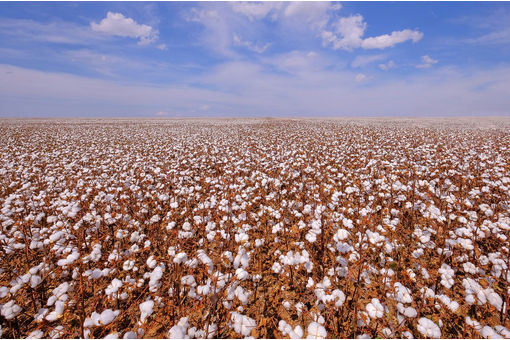'Function integration in textile processes is sustainable'
“Function integration enables more efficiency, optimise production processes, reduce material consumption and make work flows easier for the operating staff – which means that they provide concrete examples of sustainability,” Thomas Waldmann, managing director of VDMA Textile Machinery Association said in a press note issued by the association.
“There are numerous examples, just think of rotor spinning. Compared to ring spinning, the flyer step could be skipped,” he said, citing an example for function integration being sustainable. “Such processes are further complemented by integrating functions for the customer's product development.”
On a similar note, Benjamin Mayer, managing director of Mayer & Cie (a VDMA member) elaborating the sustainability properties of its Spinitsystems, a single machine that integrates spinning and knitting functions, said that this machine consumes a third less energy than the conventional knitting and spinning processes. A company that carries out the entire manufacturing chain – from treating the cotton to the knitted product – needs up to 40 per cent less space to do the same job. This system saves cost by as much as 25 per cent.
Adding further on the lines of sustainability, Steffen Muller-Probandt, managing partner of Dienes Apparatebau GmbH said that as the world of machine building becomes increasingly globalised, there is a constant need to increase efficiency and productivity, and so these two factors are Dienes' most important objective.
Keeping this objective in mind, Dienes' will be presenting the multimode systems at ITMA, wherein every module of the system can be operated independently and alone. All individual modules can be configured to create a system by the user via the master functionality. Dienes has developed intelligent production modules that can be integrated in a modular arrangement.
The opportunity for function integration is inherent for Dienes in continuously improving its modules, Probandt adds, which ultimately increases efficiency and productivity.
Fibre2Fashion News Desk - India
































-Ltd..jpg?tr=w-120,h-60,c-at_max,cm-pad_resize,bg-ffffff)





.jpg?tr=w-120,h-60,c-at_max,cm-pad_resize,bg-ffffff)
.jpg?tr=w-120,h-60,c-at_max,cm-pad_resize,bg-ffffff)






